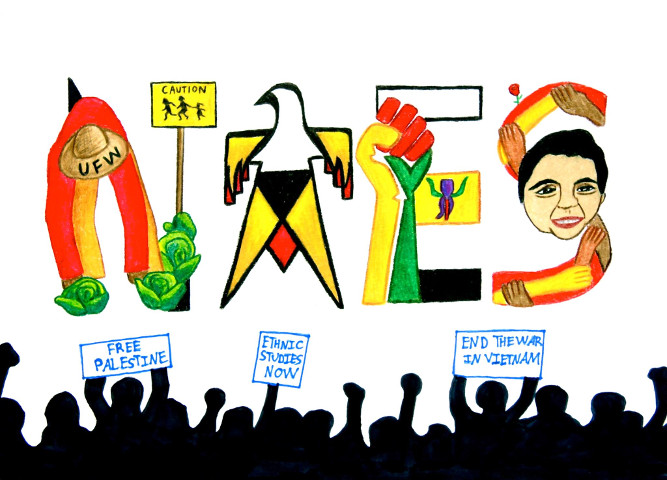Explorations in Ethnic Studies

Orginal Publication Date
1991
Journal Title
Explorations in Ethnic Studies
Volume
14
Issue
ees/vol14/iss1
First Page
35
Last Page
41
Abstract
Joy Kogawa is a well known Japanese-Canadian poet and novelist. Her award-winning autobiographical novel, Obasan (1981),[1] examines the personal wartime internment experience of the author through the fictionalized persona of Naomi Nakane and her Aunt Emily Kato. Obasan, the title character, is Naomi's other aunt, the one who raises her when World War II destroys the family. Emily is a political activist, the voice of protest and conscience in the novel, while the narrator, Naomi, has to work through her own silence and that of all Japanese-Canadians. As a novel with a dual voice, Obasan is able to probe the politics of the internment experience and its effect on the country as a whole as well as to demonstrate the internal, private damage to these loyal citizens who, as a minority group, kept their suffering quiet and were obedient.
Rights
Copyright, ©EES, The National Association for Ethnic Studies, 1991


